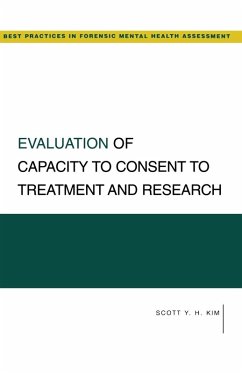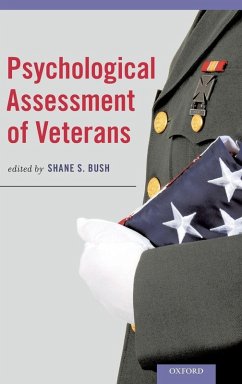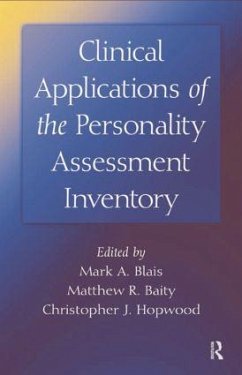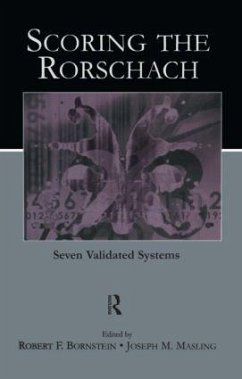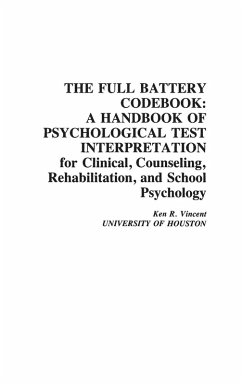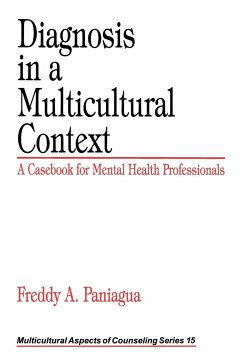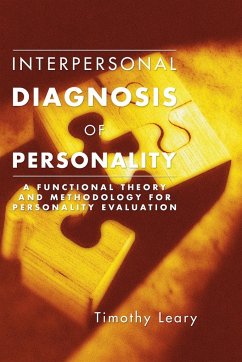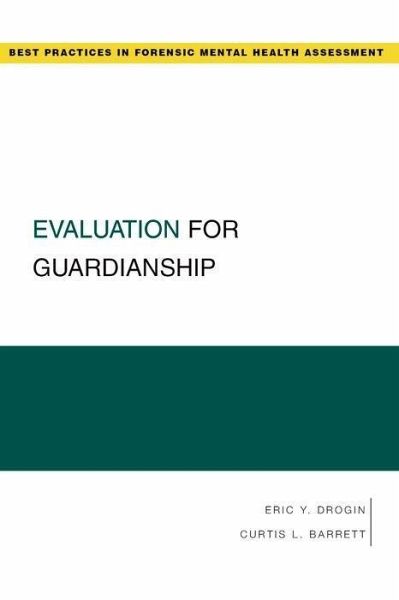
Evaluation for Guardianship

PAYBACK Punkte
35 °P sammeln!
Forensic mental health assessment (FMHA) has grown into a specialization informed by research and professional guidelines. This series presents up-to-date information on the most important and frequently conducted forms of FMHA. The 19 topical volumes address best approaches to practice for particular types of evaluation in the criminal, civil, and juvenile/family areas. Each volume contains a thorough discussion of the relevant legal and psychological concepts, followed by a step-by-step description of the assessment process from preparing for the evaluation to writing the report and testifyi...
Forensic mental health assessment (FMHA) has grown into a specialization informed by research and professional guidelines. This series presents up-to-date information on the most important and frequently conducted forms of FMHA. The 19 topical volumes address best approaches to practice for particular types of evaluation in the criminal, civil, and juvenile/family areas. Each volume contains a thorough discussion of the relevant legal and psychological concepts, followed by a step-by-step description of the assessment process from preparing for the evaluation to writing the report and testifying in court. Volumes include the following helpful features: Boxes that zero in on important information for use in evaluations Tips for best practice and cautions against common pitfalls Highlighting of relevant case law and statutes Separate list of assessment tools for easy reference Helpful glossary of key terms for the particular topic In making recommendations for best practice, authors consider empirical support, legal relevance, and consistency with ethical and professional standards. These volumes offer invaluable guidance for anyone involved in conducting or using forensic evaluations. This book considers those legal, ethical and assessment issues that arise when forensic mental health professionals are asked to evaluate the capacity of adults to make independent decisions about the management of their personal and financial affairs. As our population ages, the competence of those who are elderly and mentally infirmed may be challenged more and more frequently, and this book will be an invaluable resource for those involved in assessing that competence.





